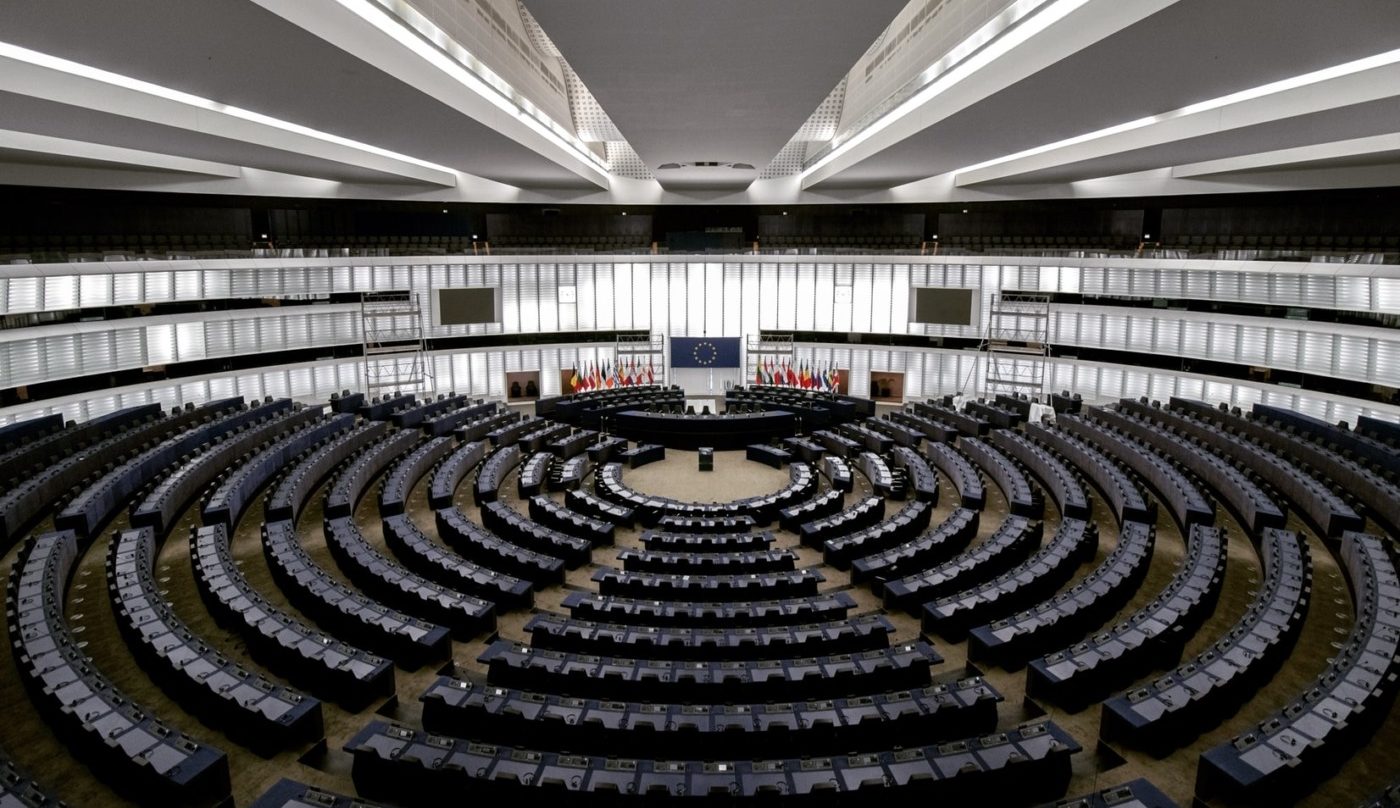COP26 meeting in Glasgow postponed due to coronavirus
The COP26 gathering, a key climate summit that was due to take place in Glasgow in November, has been cancelled due to the disruption caused by the global COVID-19 pandemic. More than 30,000 delegates, including dozens of world leaders, were due to attend, but it’s now expected that the conference will take place by the middle of next year. Five years on from the Paris climate agreement, this meeting would have seen all nations put their new and improved climate plans on the table – they have more time to come up with climate targets, but we’ll have to wait longer for their implementation. So, is the postponement a net positive or negative in the climate fight?
The decision to move COP26 was taken by UN officials, including the UN climate chief Patricia Espinosa and UK Business Secretary Alok Sharma, who is president-designate of the meeting. In a statement, he said: “The world is currently facing an unprecedented global challenge and countries are rightly focusing their efforts on saving lives and fighting COVID-19. That is why we have decided to reschedule COP26. We will continue working tirelessly with our partners to deliver the ambition needed to tackle the climate crisis and I look forward to agreeing on a new date for the conference.”
More than 30,000 delegates, including dozens of world leaders, were due to attend, but it’s now expected that the conference will take place by the middle of next year
Environmental groups have said that the decision is understandable, and that the COVID-19 outbreak may even prove a net positive for the green movement. Laurence Tubiana, one of the architects of the Paris agreement, noted that the crisis has shown how essential international cooperation is, and suggested that COP26 next year could become “a centerpiece of revitalised global cooperation”. Meanwhile, Adair Turner, a senior fellow at the Institute for New Economic Thinking, has explained that governments will spend huge amounts of money to boost their economy once the pandemic is over – when the summit is eventually held, there will be pressure to spend the money on sustainable and renewable projects.
Whenever the conference is held, it will be in a world that has shown emissions can be substantially reduced when needed – there has been a huge short-term improvement in air quality as cars have stayed at home and planes have been grounded. Although people will want to return to normal, the question of whether we can all do our part in subscribing to climate goals is no longer hypothetical – we know it can be done and, as our leaders intend to help the world heal from a major public health and economic crisis, they may see tough climate decisions as one way to do it. As Nicholas Stern, one of the world’s leading climate economists, said: “There is an opportunity in the recovery from the COVID-19 crisis to create a new approach to [economic] growth that is a sustainable and resilient economy in closer harmony with the natural world. That will be the challenge and opportunity of COP26 next year. We must use this time well.”
As the world recovers, a COP26 with proper preparatory work could be instrumental in defining the future of nations and the globe as a whole
It seems that delaying COP26 may generally be good for the planet, but are there any potential negatives? The focus of our leaders at the moment is, quite rightly, on dealing with the COVID-19 crisis – if we haven’t healed significantly, it’s entirely possible that our politicians may not be overly concerned with detailed plans for decades down the road. And then, with no COP26 this year, leaders who haven’t been fully engaged with their climate credentials may be able to gloss over awkward questions and negative press coverage. This year, leaders were due to reflect and build on their Paris climate agreements – with no conference, certain leaders may be able to kick the can. Important, too, are how these gatherings will deal with certain global powers – China is the world’s biggest polluter, but will it see demands for more climate action as punitive measures linked to the pandemic? And, if President Trump is re-elected, how will his climate policy develop?
As the world recovers, a COP26 with proper preparatory work could be instrumental in defining the future of nations and the globe as a whole. Postponing it was undoubtedly the right decision, and our leaders can build on the extra time afforded to them and the short-time climate improvements caused by the COVID-19 pandemic to truly begin a global climate movement. Out status quo has been profoundly shaken – COP26 next year may be the place to build a new one, and one that truly champions the needs of the climate.

Comments